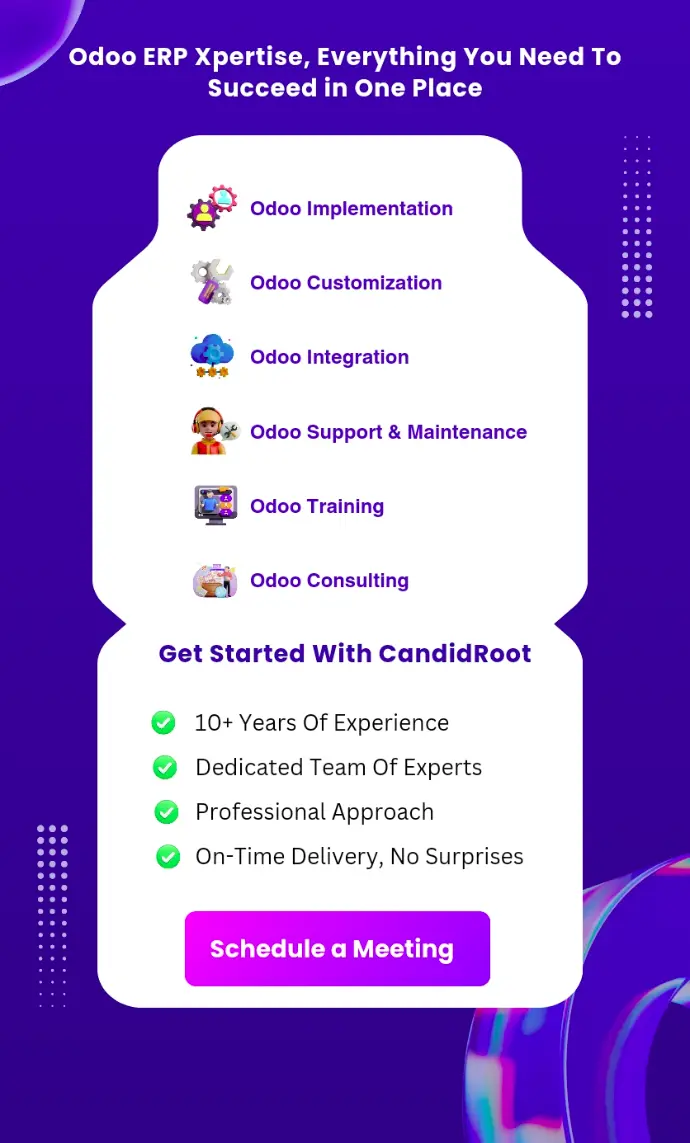PHP: A Time-Tested Workhorse
PHP, which stands for "Hypertext Preprocessor," has been a stalwart in web development for over two decades. It is an open-source, server-side scripting language designed for web development but also used in general-purpose programming. PHP is known for its simplicity, versatility, and ease of integration with web applications. Here are some key points to consider regarding PHP's future:
1. Large Developer Community:
PHP boasts a massive developer community, and millions of websites, including popular platforms like WordPress and Joomla, rely on PHP for their functionality. This vast ecosystem ensures that PHP will continue to receive support and updates.
2. Performance Improvements:
PHP has made significant strides in terms of performance, thanks to PHP 7 and subsequent versions. The introduction of JIT (Just-In-Time) compilation in PHP 8 further enhances its speed and efficiency.
3. Support for Modern Web Standards:
PHP has adapted to modern web standards and practices, making it suitable for building robust and secure web applications.
4. Compatibility:
PHP is compatible with a wide range of web servers and databases, making it a versatile choice for developers.
5. Legacy Code:
Many legacy applications are built with PHP, ensuring a continuous demand for PHP developers to maintain and upgrade these systems.
However, it's important to note that while PHP remains a popular choice, it faces competition from newer languages and frameworks that offer more modern features and development paradigms.
Odoo: The All-in-One ERP Solution
Odoo, on the other hand, is a comprehensive Enterprise Resource Planning (odoo ERP) software that provides a unified platform for businesses to manage various aspects of their operations, including accounting, inventory, sales, and more. Odoo is written in Python, a versatile and widely used programming language. Here's why Odoo is an attractive option for businesses:
1. Integrated Solution:
Odoo offers a complete and integrated suite of business applications, reducing the need for multiple software solutions and enhancing efficiency.
2. Modular Architecture:
Odoo's modular architecture allows businesses to select and implement only the modules they need, making it adaptable to different industries and business sizes.
3. Scalability:
As businesses grow, Odoo can scale with them. Additional modules and functionalities can be easily added to accommodate evolving needs.
4. Active Development:
Odoo has a dedicated development team that continually enhances and updates the software. This commitment to improvement ensures that Odoo remains relevant and competitive.
5. Community and Partnerships:
Odoo has a strong community and a network of certified partners that provide Odoo implementation, Odoo customization, and Odoo support services.
6. User-Friendly Interface:
Odoo prioritizes user experience, offering an intuitive and user-friendly interface that makes it accessible to non-technical users.
The Future Outlook: PHP vs. Odoo
To determine which has a greater future, we need to consider the specific contexts in which PHP and Odoo operate:
1. Web Development:
PHP continues to be a popular choice for web development, particularly for small to medium-sized websites and applications. While it faces competition from JavaScript-based frameworks like Node.js, PHP's extensive ecosystem and performance improvements ensure its relevance.
2. ERP and Business Software:
Odoo's future appears promising in the realm of ERP and business software. As organizations increasingly seek integrated solutions to streamline their operations, Odoo's modular and scalable architecture positions it well for sustained growth.
3. Custom Development:
PHP remains a strong contender for custom web development projects, thanks to its flexibility and extensive libraries. Developers can leverage PHP for a wide range of applications.
4. Python's Popularity:
Odoo's dependency on Python also plays a role in its future prospects. Python is one of the fastest-growing programming languages and is widely adopted in various domains, ensuring a steady supply of Python developers for Odoo projects.
5. Market Demand:
The market demand for both PHP and Odoo developers is likely to remain robust. Businesses will need skilled professionals in both domains to maintain, upgrade, and develop new solutions.
In conclusion, both PHP and Odoo have bright futures, albeit in different domains. PHP remains a solid choice for web development, while Odoo's all-in-one ERP solution is well-positioned to meet the increasing demand for integrated business software. Your decision should be based on your unique requirements and objectives.
For web development projects, PHP may continue to be a reliable option, while businesses looking to streamline their operations should consider Odoo as a comprehensive solution for the future. Ultimately, the future lies in the hands of developers, businesses, and their ability to adapt to evolving technologies and market trends.
Related Post:


